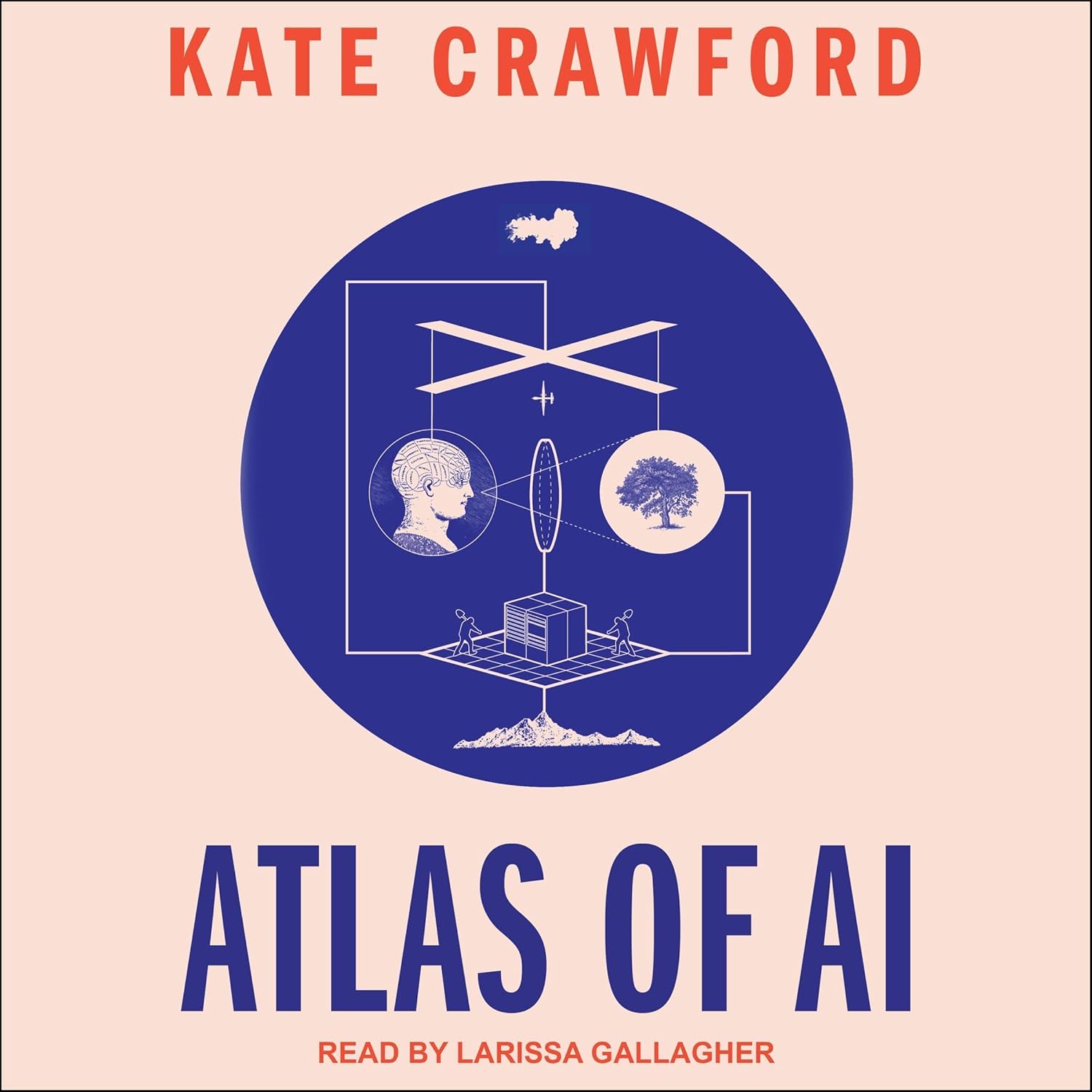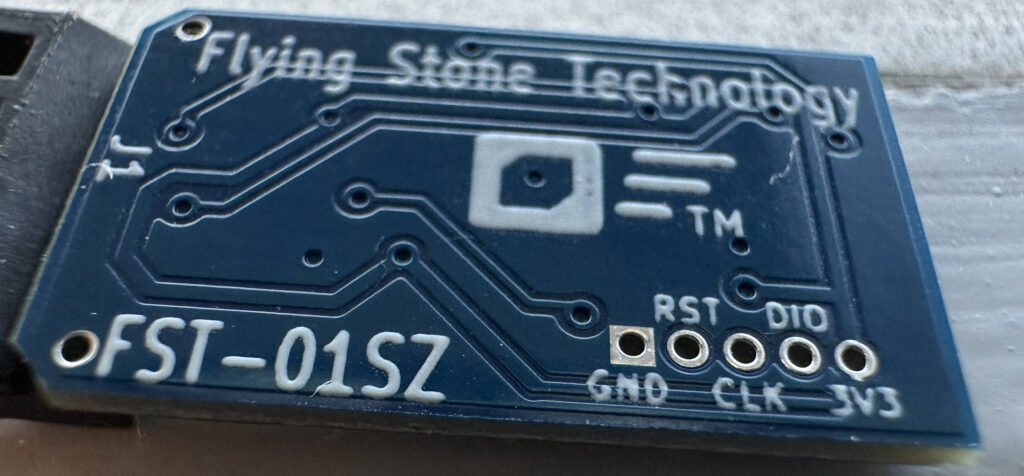The concept of “sovereign AI” is rapidly moving from theory to practice, with OpenAI at the forefront of forging international partnerships.
These collaborations with foreign governments aim to build bespoke, national-level AI capabilities, a strategic move that is increasingly viewed through the lens of global technological competition.
Sponsored:
Atlas of AI: Power, Politics, and the Planetary Costs of Artificial Intelligence - Audiobook

Uncover the true cost of artificial intelligence.
Listen now, and see the system behind the screens before the future listens to you. = > Atlas of AI $0.00 with trial. Read by Larissa Gallagher
OpenAI has announced a series of significant projects this year involving partnerships with foreign governments. The core objective of these deals is to assist in the development of what the company terms “sovereign AI” systems. This initiative represents a strategic expansion beyond OpenAI’s commercial offerings, positioning the company as a key partner in national-level technological infrastructure.
The term “sovereign AI” generally refers to a nation’s capacity to develop, control, and regulate its own artificial intelligence ecosystems. This includes building AI models tailored to local languages, cultural contexts, and legal frameworks, as well as ensuring that critical data and computational resources remain within national borders. OpenAI’s involvement suggests a model where its expertise and technology are leveraged to accelerate these national ambitions.
While specific details of all the agreements are still emerging, reports indicate that the projects are varied in scope. Some are being coordinated through a consortium of partners, which may include local cloud providers and tech firms, to create a more integrated and secure development environment. This push into sovereign AI partnerships places OpenAI directly into a complex geopolitical arena, where the development of AI is increasingly seen as a matter of national security and economic competitiveness.
OpenAI’s foray into building sovereign AI systems with international partners marks a pivotal shift in its global strategy. These government-level deals highlight the growing importance of AI as a foundational technology that nations are eager to control and customize. As this trend accelerates, the development of sovereign AI capabilities is poised to become a central element in the broader landscape of international relations and technological supremacy.
Source: Wired – “‘Sovereign AI’ Has Become a New Front in the US-China Tech War” by Zoë Schiffer and Louise Matsakis.



.png)



